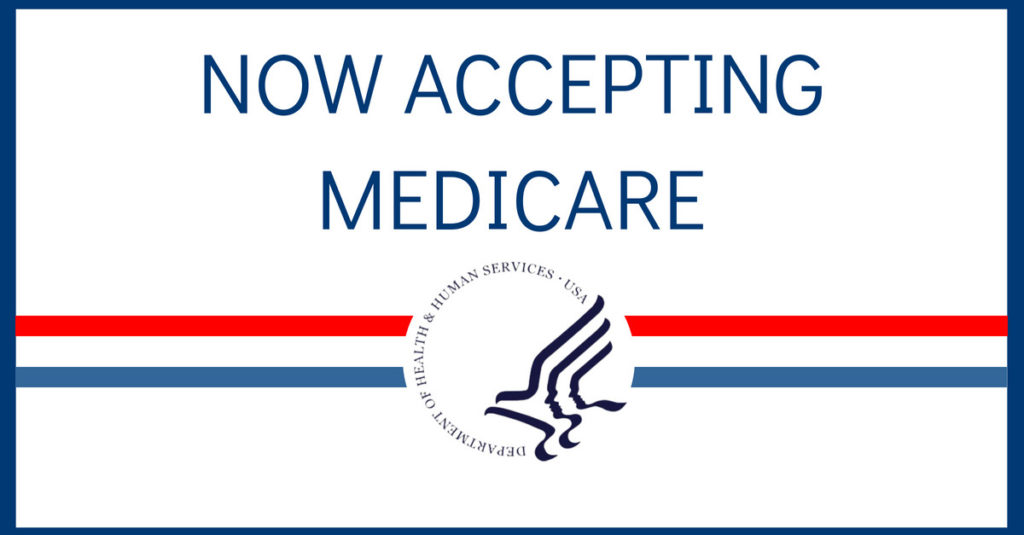Preparing for Outpatient Opioid Addiction Treatment

Individuals struggling with opioid use disorder, or opioid addiction, can find help and hope through an individualized outpatient treatment plan. Opioid addiction treatment preparation can streamline the process for patients. Preparing for Rehab Outpatient opioid addiction treatment lets patients continue their daily tasks and responsibilities. You’ll receive treatment and then conveniently return to work, school […]
Methadone and Headaches

For over 50 years, doctors have used methadone to help patients with opioid use disorder and chronic pain. Methadone maintenance is an effective treatment for many people, but some worry about potential side effects like headaches. Below, learn more about the relationship between methadone and headaches during opioid treatment. What Is Methadone? Methadone is a […]
What Should I Expect During Treatment for Opioid Addiction?

If you’re ready to quit using opioids, you don’t have to do it alone. There are many opioid addiction treatment options available for those seeking help. For many patients, medication-assisted treatment (MAT) offers a safer and more effective recovery solution. This combination of FDA-approved medications and addiction counseling is considered the gold standard for opioid addiction […]
Quick Facts About Methadone

Medication-assisted treatment (MAT) using methadone is one of the most successful options available to people struggling with opioid use disorder. Methadone treatment combined with counseling are powerful recovery tools for addiction to heroin, fentanyl or prescription pain medications. If you’re considering entering an opioid treatment program (OTP), here are some methadone quick facts you should know. Methadone […]
Does Medicare Cover Treatments for Opioid Addiction?

In October 2019, Congress passed the SUPPORT for Patients and Communities Act. In addition to expanding resources for patients with opioid addiction, the act enabled Medicare Part B coverage for opioid addiction treatment. With the signing of this act, providers like Health Care Resource Centers (HCRC) and its affiliates can accept Medicare insurance. How Does […]
Why are Opioids in Medication used to Treat Opioid Use Disorder?

Since the first swell of heroin misuse in the late 1960’s and 70’s through the more recent epidemic that has spanned more than two decades, addiction science has come a long way in discovering more about the nature of substance use disorder. Despite the mountains of scientific data available, many still don’t see addiction as […]
Subutex vs. Suboxone

Medication-assisted treatment (MAT) is one of the most effective ways to treat addiction to drugs or alcohol. Since methadone was introduced in the 1970s, MAT has proven its effectiveness and become a sought-after way for people to regain sobriety and lead productive lives free of addiction. Alongside methadone, two new medications have been establishing their effectiveness […]
Methadone vs. Buprenorphine: Similarities and Differences

When you’re considering treatment options for opioid addiction, medication-assisted treatment (MAT) will be one of the common programs you encounter. MAT is an effective option for many individuals, and there are two primary medications used in such programs — methadone and buprenorphine. Both medications are proven effective in treating opioid use disorder. We’ll break down the similarities […]
MAT Programs Now Accept Medicare Coverage

Medication-assisted treatment (MAT) combines proven medications and counseling to help you start the path to recovery with comprehensive treatment services. Insurance coverage makes MAT programs affordable for many patients and now, Health Care Resource Centers accepts Medicare coverage for its Accredited Opioid Treatment Programs. In October 2019, the opioid bill H.R. 6, often referred to […]
Boston Inmates in Civil Suit over Denied MAT

Many prisoners in America’s criminal justice system find themselves behind bars for drug-related offenses while their body is actively dependent on opioids. For most of these inmates, it means they are at risk of developing painful and debilitating withdrawal symptoms exposing them to future relapse, overdose, and even death when not provided with treatment options […]


